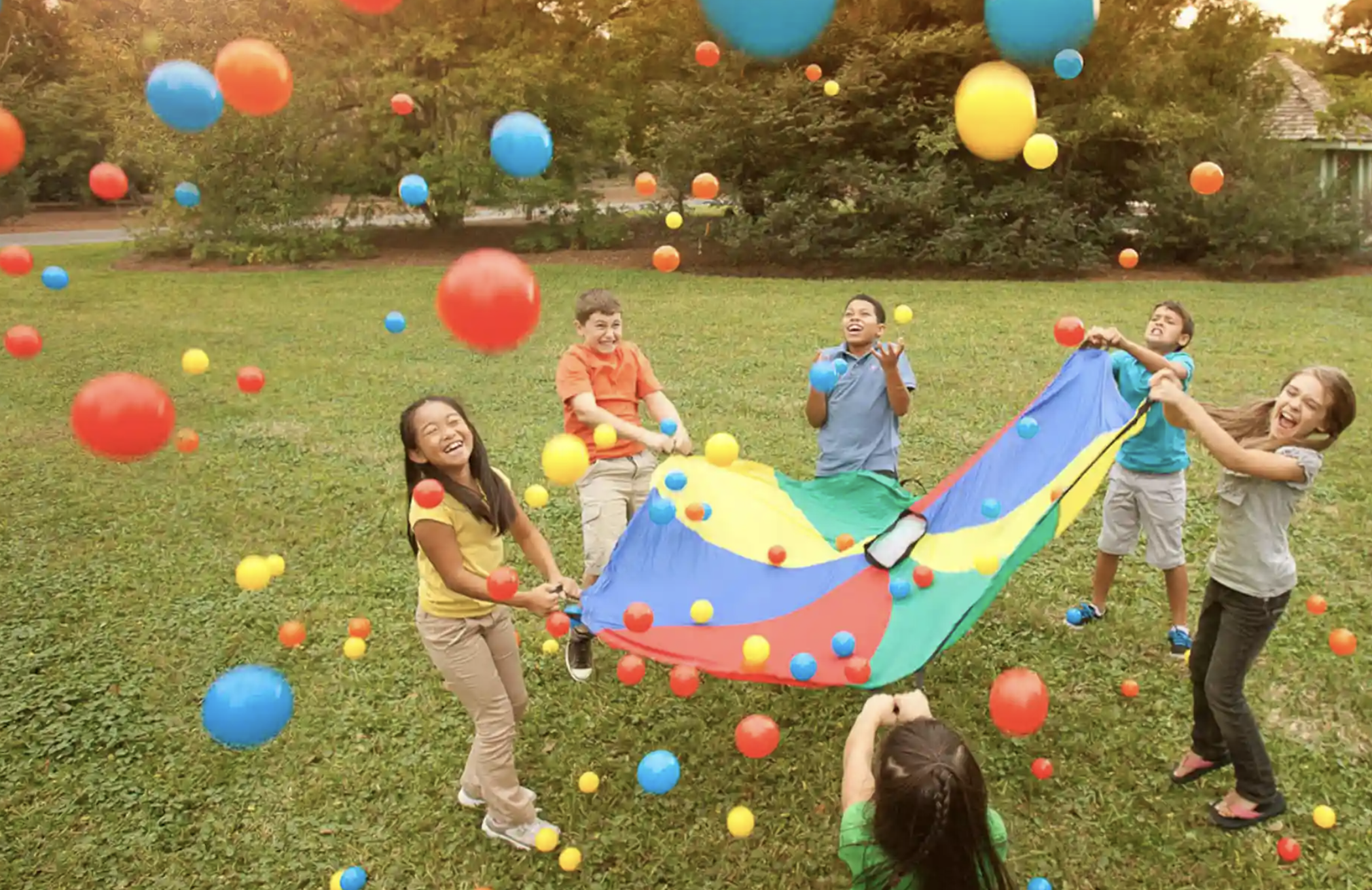Academic Achievement and Performance Indicators • High Distinction Rates: A significant proportion of candidates attained distinctions in core subjects such as Mathematics, English Language, Integrated Science, and Social Studies....
The Power of Playful Education The idea that learning must be solemn and difficult is outdated. Research across cognitive science and education confirms that fun activities are not a...
Education Beyond the Textbook The traditional classroom is undergoing a major shift. Technology is moving past static screens and entering a realm of deep immersion. Virtual Reality (VR) in...
The Sound of Smarter Learning For centuries, thinkers have recognized the profound connection between music and the brain. Far from being just entertainment, music is a complex stimulus that...
The Screen Time Challenge The digital age presents a unique parenting challenge: how to balance the benefits of technology with the need to protect a child’s health and development....
Transforming Feedback into Learning Writing is rarely a solitary act; it thrives on feedback. While teacher comments are essential, peer review offers a unique and powerful pathway to improved...
Navigating Educational Milestones Moving to a new school, changing grades, or shifting from elementary to middle school are significant milestones in a child’s life. These school transitions can bring...
The Secret to a Smooth Classroom Class management is arguably the most essential skill a teacher can develop. It’s not about being strict; it’s about creating an organized, respectful,...
The Essential Skill for a Complex World As a result of advancement in science and technology, we’re constantly bombarded with information. The ability to simply consume facts is no...
More Than Just Dollars and Cents Financial responsibility is a crucial life skill, yet it’s rarely a formal part of the school curriculum. The most effective lessons about money...









